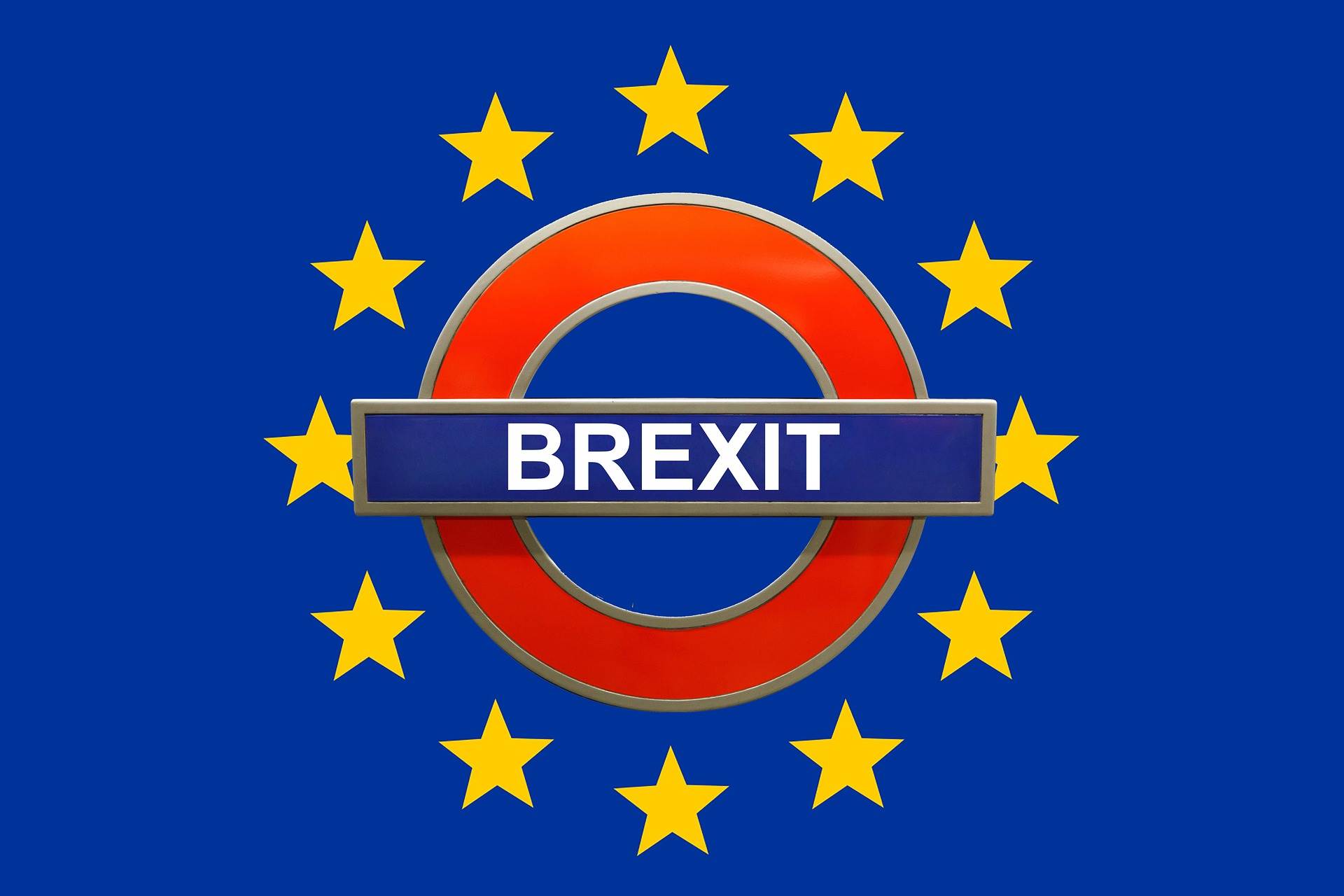 In getting elected to the role of Conservative Party leader (and therefore PM) Boris Johnson consistently promised that the UK would leave the EU with or without a deal on 31st October 2019, “Do or die” (quite what he meant by “die” is left to the reader’s imagination). However, as it became a racing certainty that he would win the run-off with his rival, Jeremy Hunt, there was a change in Johnson’s rhetoric to claim that the chances of the UK leaving the EU without a deal were “ a million to one” – the new PM has always been a big fan of hyperbole and much less so of detail.
In getting elected to the role of Conservative Party leader (and therefore PM) Boris Johnson consistently promised that the UK would leave the EU with or without a deal on 31st October 2019, “Do or die” (quite what he meant by “die” is left to the reader’s imagination). However, as it became a racing certainty that he would win the run-off with his rival, Jeremy Hunt, there was a change in Johnson’s rhetoric to claim that the chances of the UK leaving the EU without a deal were “ a million to one” – the new PM has always been a big fan of hyperbole and much less so of detail.
Whilst the vast majority of Conservative MPs now, reluctantly or otherwise, back Brexit and agree that their party must deliver it, it is still only a minority that thinks a “no deal” Brexit is an acceptable outcome. All of the members of Johnson’s cabinet have had to agree to this, however.
In the reshuffle following his leadership victory, Johnson appointed a rival, Michael Gove, to the Chancellorship of the Duchy of Lancaster and made him responsible for preparing for a “no deal” exit. One of Gove’s first pronouncements was that the government is assuming that a “no deal” exit is the likely outcome. However, the very next day, his boss contradicted him:
“No, absolutely not. My assumption is that we can get a new deal, we’re aiming for a new deal. But, of course, Michael is absolutely right that it’s responsible for any government to prepare for a no deal if we absolutely have to.”
However, Johnson who has suggested that he would go “the extra thousand miles for a deal” has also said that he won’t engage in talks with the EU unless it agrees to abandon the Irish backstop – a thing that the EU has consistently ruled out for very obvious reasons. If this is Johnson’s sincere position (big “if”), then a “no deal” exit is inevitable unless parliament can prevent it. A number of senior members of May’s cabinet are planning to work with the opposition to do just this.
One school of thought is that Johnson is positioning himself to call a snap-election in the autumn, putting the blame for the lack of a deal on his EU counterparts as an electoral gambit.
Given the mixed signals from government, it is unsurprising that Sterling has fallen to its lowest value against the Dollar for 28 months.
